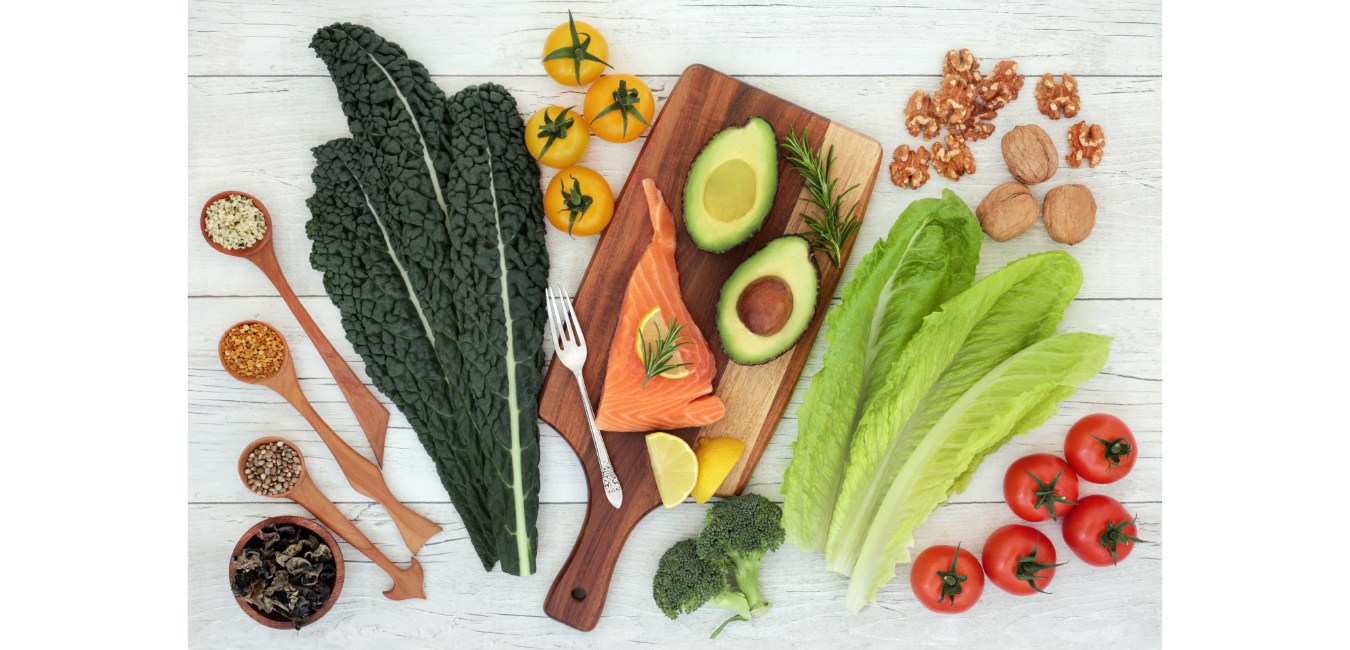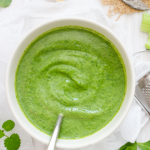
What Exactly is Clean Eating?

Nancy A. Palermo MD
Clean eating is an important part of what we provide at Thrive is Functional Medicine.
Functional Medicine is a completely different approach to symptoms and diseases. It aims to get to the root cause of the symptoms rather than cover them up with medication. When we talk about root causes we cannot proceed without discussing diet as it is such a foundational component of our health.
When I first meet a patient at their Functional intake visit, we often discuss their diet. I would say that most of them say they eat clean and do not feel their diet is the cause of their issues. While this certainly might be true more than not, we can find some places where intervention or attention might be helpful.
We are not looking for perfection, especially when it comes to diet.
There is no such thing as a perfect diet is not a healthy approach to try to achieve this. Not only is it no fun, but it also is not a healthy approach to controlling your diet. I suggest reaching an optimal diet at least 85-90% of the time. Begin by making small adoptions and interventions over time. First, focus on eating a whole foods diet with the removal of the things which might be driving your symptoms. Remember, progress is the goal, not perfection. In the words of Suzuki Roshi, the father of American Zen,
“You are perfect as you are, but there is always room for improvement.” Certainly, this approach can be the case concerning our diet.
Since we all have differing opinions about what Clean Eating consists of, I thought I would list some of the basic principles to give you guidance and a general roadmap for your improvement goals.
- Clean Eating is not a diet. It is a way of eating that should last a lifetime. This is important to note because, often, we approach the changes like any other “diet.” We incorporate extreme changes for the short term and then often fall off after a month or sometimes sooner. This is not the goal. I always tell my patients the mantra should be, “can I continue these changes for the rest of my life?” If the answer is “no,” then they need to back off or break down the intervention into smaller, more achievable pieces.
- Avoid all gimmicks. If you think a supplement, shake, or food will do the work for you, then you have been had. How many times do you have to be fooled to learn this? No grapefruit or liquid diet will be beneficial in the long term. These quick fixes are often marketed to us, and we need to remind ourselves that no temporary change will have lasting effects.
- You should never eliminate a food group. If an extreme diet asks you to completely eliminate carbs, fats, or proteins, this is not sustainable and unhealthy. Most of all, it is not a lifetime intervention. A 10–30-day challenge is fine, but you ultimately need to get your foundational diet down. It is this foundational diet that will stay with you into your future.
- You should never feel you need to go hungry, and you should try not to miss meals. You need to eat. I see this often. Patients who do not eat all day and then come home and consume 3000 calories to make up for it. If you are incorporating intermittent fasting (going for longer periods of time between dinner and breakfast/first meal), you still need to eat enough food/calories in your eating window, or else you are simply restricting, which is not good for our metabolism or our minds.
- No calorie restriction. In fact, no more calorie counting. We know calories are not created equal, and a calorie is not a calorie. Most of us tire of counting calories anyways. Your goal is to eat a whole foods diet, so calories will be less important.
- Avoid acellular carbohydrates. Yes, this is the white stuff-white flour, low-calorie high-carb foods. These foods have been stripped of nutrients or fiber and are simply sugar to our bodies. We know these types of carbohydrates make up 60% of what you buy in the grocery store, and they drive up insulin and blood sugar which is not good for our metabolism or waistlines. Avoiding added sugars is also included in this foundation. Look at the label. If the carbohydrate content is high and related to added sugars, then put it back on the shelf and not in your cart!!
- No trans-fat. This should be obvious currently, but despite government regulations, we still get them in our food. Typically, they are in foods with packages and barcodes. They may not be listed (Food companies only must list if over a gram), but any trans-fat is bad. Also, foods with hydrogenated oils, like vegetables, canola, and soy, should be avoided. Even nuts which seem clean but are roasted in vegetable oil will be detrimental to a clean diet. Cook with olive oil (low heat), avocado or coconut oil, or sesame oil to avoid these hydrogenated oils. Look for packaged foods that use these oils too.
- No artificial flavorings or colors. Enough said. We know this. Also, “natural flavorings” are not necessarily good for you. There are a lot of chemicals that may have started out in nature but are not to be ingested.
- No preservatives. Again, foods in packages and with barcodes will have these additions. If you cannot pronounce the compound in the food, then certainly consider not eating it. Try to avoid additives if possible.
- Ultimately the goal is to eat a whole foods diet with many plants. In fact, try to have vegetables make up at least 60-70% of your plate. Notice I am not defining vegan or vegetarian or paleo, or pescatarian. Your diet needs to meet your personal desires, needs, and beliefs. All these dietary approaches can be healthy if the basic principles are met. They are all telling you to avoid the harmful things and add the good things. There are a lot of unnecessary arguments concerning which is the “perfect diet.” Again, there is no perfect diet. You need to do you.
“Find the cracks in your foundation and fix them. This must happen first to get on a path to optimal health.” Nancy A. Palermo MD



